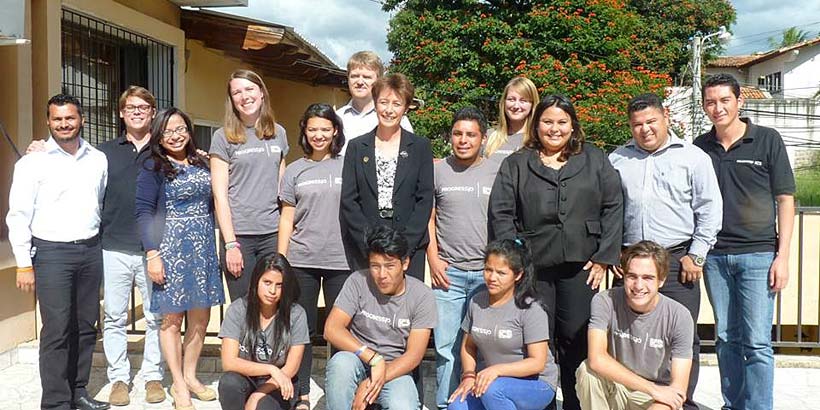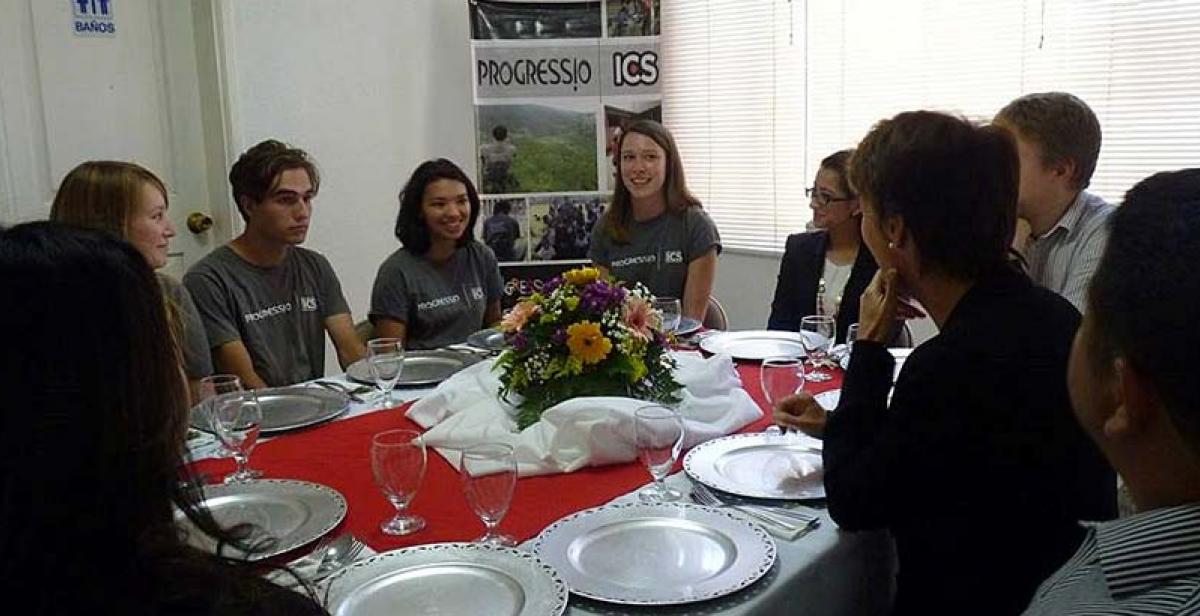I’ll admit that before I applied to ICS I didn’t know all that much about Central America, and more specifically, Honduras. Interestingly, however, I had heard of its reputation for gangs, violence, and drug trafficking. Indeed, upon first finding out that I’d be heading to Honduras, a few quick Google searches seemed to confirm my suspicions, with reports of violence and crime filling the results page. The stats show that Honduras has only just been overtaken by El Salvador for the title of murder capital of the world (with 85.5 murders per 100,000 population) and unfortunately crime and violence is an uncomfortably everyday occurrence here - you only have to flick through a national newspaper to be greeted with a very graphic reminder of this. Therefore, while telling my friends and family that I’d be moving to Honduras for three months, many responded with surprise and were concerned that I’d want to travel to a country with such notoriety for being dangerous.
To be honest, however, this concern isn’t really all that surprising when you consider the representation of Honduras by the British media. Stephen Fry´s recent ITV programme on Honduras saw him visit an all female prison and meet a national footballer whose family had been violently kidnapped for ransom – hardly portraying the country in a favourable or attractive light. Furthermore, only the other week I woke up to messages of concern from my family, reminding me to stay safe and away from danger after them having seen a BBC documentary on Honduras as one of the most dangerous places to be a woman, with femicide and domestic violence rates rapidly rising to shocking levels.
Last week, along with a small group of Progressio volunteers, I had the opportunity to have lunch with Carolyn Davidson, the UK Ambassador for Honduras and Guatemala. We spoke about the experience of being a volunteer in Honduras and what we would take away from our placement. And while we all agreed that living here definitely made us more appreciative of certain things in the UK that we would usually take for granted, such as the welfare and educational systems, it was also interesting to chat about how our first impressions of the country had changed. We arrived with certain preconceptions, perhaps expecting a country struggling under the weight of such dramatic statistics and perhaps even slightly nervous for our own safety. These thoughts soon went however as we were greeted to a country full of joy and generosity, with beautiful landscapes and a culture rich with indigenous history and tradition.

There are many different aspects to any country in the world and statistical measurements can only show one narrow aspect at a time. It is a shame that the media tends to focus on the negative side of things, neglecting the people and stories of inspiration that often go unnoticed. While working on our project in La Esperanza, we have encountered so many positive energies, whether that be the hard work and determination of our national volunteers, dedicated to helping develop their country, or the multiple local businesses, such as the TV or radio stations, that work to cultivate a community proud of their local heritage and livelihoods. Moreover, there are many things that we feel we have learnt from our time in Honduras, having a greater appreciation for family for example - something that is valued and preserved much more than in the UK. It is thus important to look beyond the statistics and remember that while places and countries may suffer negatively in certain areas, there is much more positivity to be found if you look for it. We came away from our meeting with the British Ambassador all feeling like ambassadors for Honduras, determined to take this back to the UK with us, hoping to change the reputation we once fell victim to.
Written by ICS volunteer Rose Geldart



